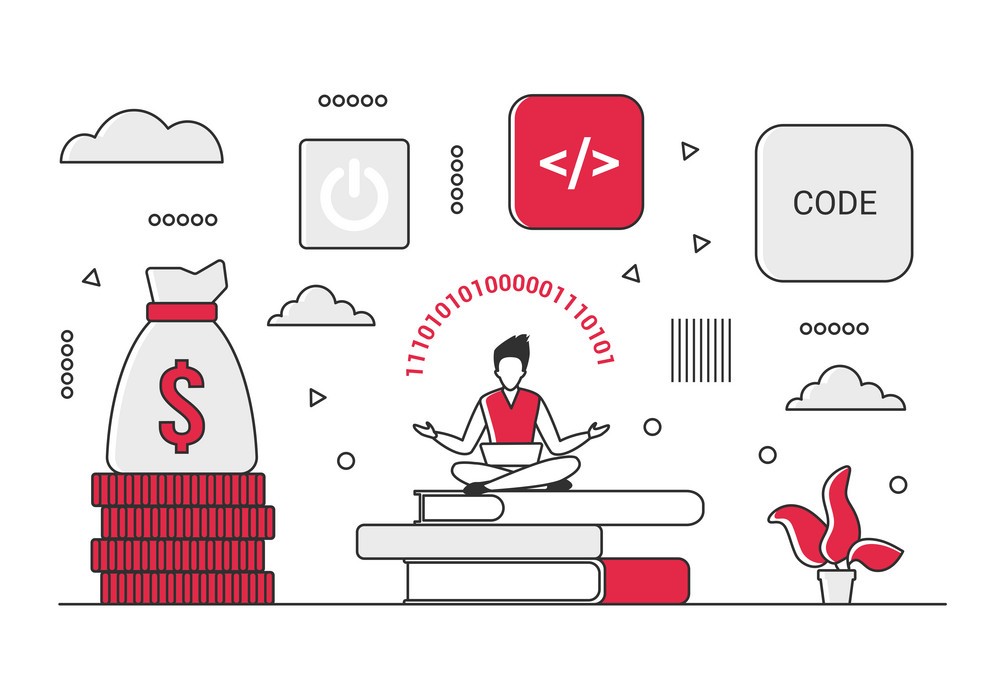
App Development: A Comprehensive Overview
What is App Development?
App development, also known as app creation, is the process of building
software applications to meet specific needs. These applications can be used by
businesses or individuals, on various devices like mobile phones, computers,
and tablets.
Stages of App Development:
The process is typically divided into seven key stages:
1.
Conceptualization
and Planning: This involves identifying the
app's purpose, setting goals, and conducting market research.
2.
Requirements
Analysis: Defining the app's
functionalities, user needs, and technical specifications.
3.
Design: Creating the app's architecture, user interface
(UI), and user experience (UX).
4.
Development: Coding the app using programming languages and
tools.
5.
Testing: Thoroughly testing the app for functionality,
bugs, and performance.
6.
Deployment: Releasing the app to users via app stores, web
hosting, or other distribution channels.
7.
Maintenance
and Support: Providing ongoing updates, bug
fixes, and support for the app.
Building vs. Buying:
Choosing between building an app from scratch or using a pre-existing
solution depends on your specific needs. Off-the-shelf applications may offer
most functionalities, but for unique requirements or gaining a competitive
edge, custom development might be preferable. However, skilled developers are
scarce, making the build vs. buy decision a crucial one.
Cost of App Development:
App development costs vary depending on complexity. Simple apps with
basic features are less expensive than complex apps with extensive
functionalities like real-time interactions and custom animations.
App Development Methodologies:
Several methodologies guide app development, each with its advantages
and disadvantages:
- Waterfall: Traditional,
structured approach but can be slow and inflexible.
- Rapid Application Development (RAD): Focuses on rapid prototyping and iteration, allowing for quick
launch but requiring highly skilled developers.
- Agile Development:
Highly iterative, focusing on delivering functional capabilities in short
sprints. Popular frameworks like Scrum promote adaptability and user
involvement.
- Low-code/No-code Development:
Enables faster development with minimal coding through visual interfaces.
Suitable for specific use cases but may have limitations in customization.
- Mobile App Development:
Creating apps specifically for mobile devices, requiring specialized
skills and considerations.
Conclusion:
App development is a complex process with various approaches and
considerations. Understanding the stages, costs, methodologies, and build vs.
buy decision is crucial for anyone involved in creating or utilizing software
applications.